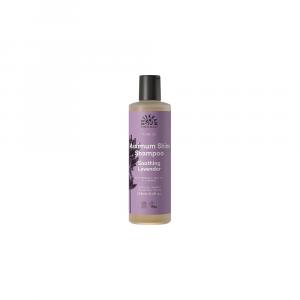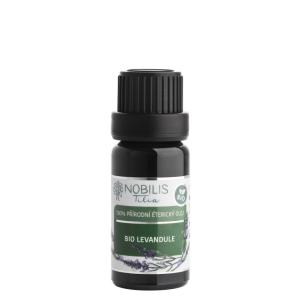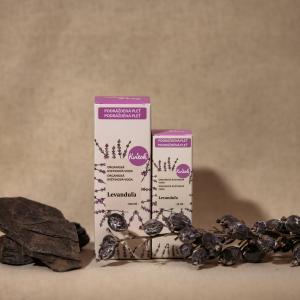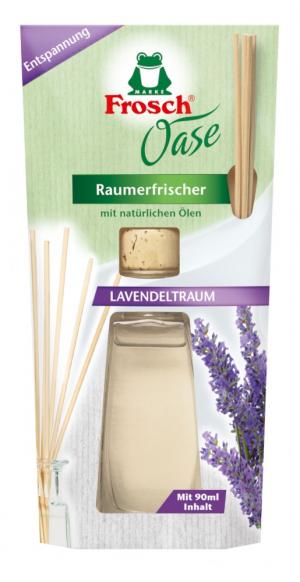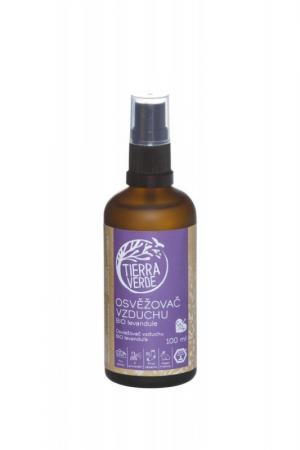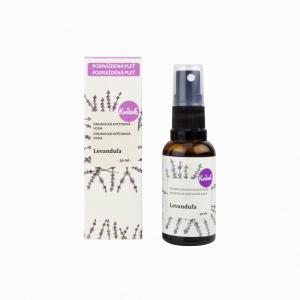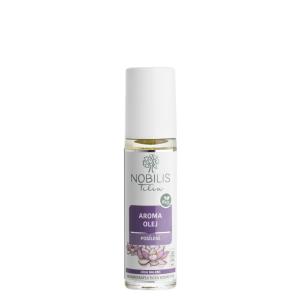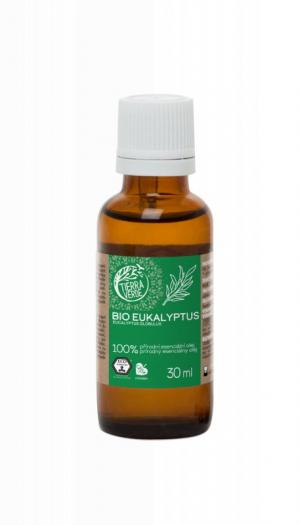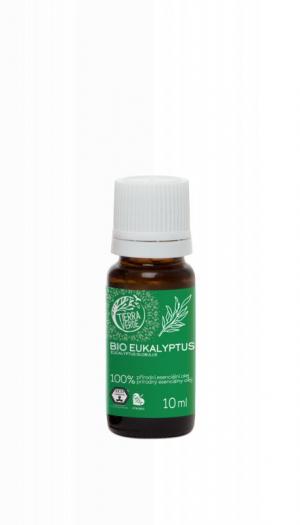
Mint is not always safe. Be aware of its side effects.

Side Effects of Mint
Peppermint is one of the most popular herbs, often used not only in cooking but also in folk medicine. Its fresh taste and aroma make mint an ideal ingredient for teas, beverages, desserts, and even cosmetic products. Although mint offers many health benefits, such as aiding digestion, freshening breath, and relieving headaches, it is important to realize that its use may not be risk-free for everyone. Some people may experience side effects from using it, which can be unpleasant or even harmful to health.
Digestive System Issues
Peppermint is often recommended for its beneficial effects on the digestive system. It can relieve flatulence, bloating, and a feeling of heaviness after eating. Mint contains menthol, which has the ability to relax the muscles of the digestive tract, thus contributing to better digestion. However, this very property can cause the opposite effect in some people.
For those suffering from gastroesophageal reflux disease (GERD), mint can exacerbate symptoms. Menthol relaxes the lower esophageal sphincter muscles, which may allow stomach acid to more easily back up into the esophagus. This phenomenon manifests as heartburn, acid reflux, and an uncomfortable feeling in the chest. If you have ever experienced these symptoms after consuming mint, you might consider limiting its use.
Allergic Reactions to Mint: How to Tell If Mint Doesn't Suit You
Allergies to herbs are relatively rare, but that doesn't mean they are impossible. Peppermint belongs to the Lamiaceae family, just like basil, lavender, and rosemary. Some people may be sensitive to certain substances found in these plants, which can trigger an allergic reaction.
Try our natural products
An allergic reaction to mint can include various symptoms such as itching, rashes, swelling, or even breathing difficulties. These symptoms may appear immediately after contact with mint or its ingestion. In more severe cases, anaphylactic shock can occur, a life-threatening condition requiring immediate medical attention. If you suspect you might be allergic to mint, it's best to avoid it and consult a doctor.
Interactions with Medications
Although mint is natural, it can interact with certain medications and affect their efficacy. For example, patients taking diabetes medications should be cautious, as mint may affect blood sugar levels. Similarly, people with high blood pressure should be careful, as mint may influence the effects of some antihypertensives.
Another issue could be the use of peppermint oil on the skin. Peppermint oil is highly concentrated and can cause irritation, redness, or even burns if used improperly. People with sensitive skin should avoid direct application of peppermint oil and instead use it in a diluted form or consult an aromatherapy expert.
Try our natural products
Mint and Children
Using mint in children and infants requires special caution. Mint, especially peppermint oil, can cause serious respiratory issues in young children. Menthol, the main active compound in mint, can trigger laryngospasm in children, which is a sudden tightening of the vocal cords that can lead to choking. Therefore, it is crucial for parents to be cautious when using mint with their children and to consult a pediatrician.
Hormonal Effects of Mint
In recent years, studies have suggested that excessive consumption of mint may affect hormonal balance. Research indicates that mint may lower testosterone levels, which could negatively impact male fertility. This effect is still the subject of further studies and cannot be definitively confirmed, but it is worth mentioning that even natural substances like mint can influence the hormonal system.
Peppermint is an herb that offers many health benefits, but like all herbs, it is important to use it wisely. The side effects of mint, although relatively rare, can be a serious issue for some people. If you have a sensitive digestive system, take medications, or have allergies, it is important to monitor how your body reacts to mint, and if in doubt, consult a doctor. In any case, it is true that even natural and proven remedies should be used in moderation and with respect for one's body.
